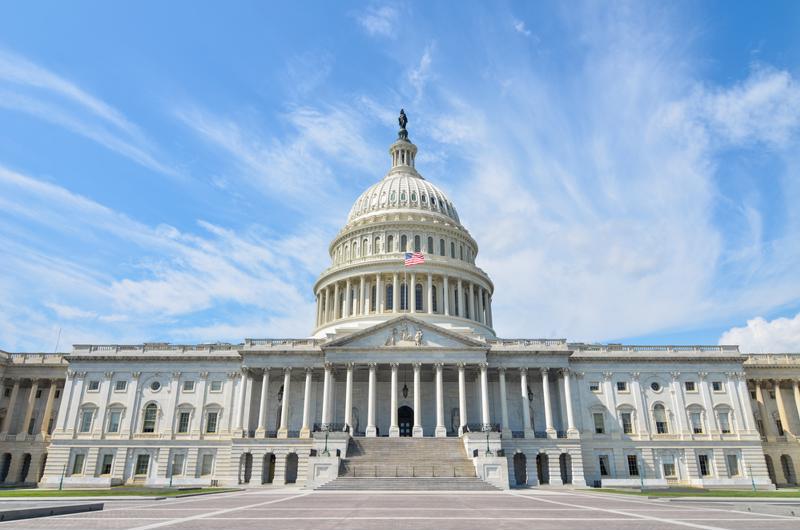The idea of standardized tracking port productivity arose out of protracted labor negotiations on the West Coast that crippled output – and apparently, if that concept becomes a reality, it wouldn't cost ports much at all.
The drawn-out discussions between the Pacific Maritime Association (PMA) and the International Longshore and Warehouse Union (ILWU) were detrimental to West Coast port productivity and bad for businesses across the U.S. Some members of Congress hope that next time negotiations between a shipping group and labor union kick off, they'll better understand operations at the port. That's why Sen. John Thune (R-S.D) introduced legislation that would require ports to track productivity, and though the bill has been watered down in recent months, it could still generate useful information.
Collecting data on port productivity would be relatively affordable
The contention that tracking productivity at the nation's 25 busiest ports would be too expensive has been shot down by data compiled by the Congressional Budget Office, which has stated that the cost to individual ports "would be small." Through four years, the collection of productivity statistics would cost the ports $9 million, or around $2.25 million per year. Some of the metrics may be required should the bill become law are already collected by ports, which would ease the financial impact of implementing data collection policies.
"Collecting productivity statistics would cost the ports $9 million."
The bill, which was approved by the Senate this past August, would mandate that the director of the Bureau of Transportation Statistics (BTS) implement a performance statistics program that would report to Congress annually with metrics on the performance and capacity of the key ports in the U.S. Additionally, U.S. Port Authorities that operate under federal regulation or that receive federal assistance would have to report annually to BTS.
Key provision of the Port Performance Act stripped away
One key portion of the legislation – called S. 1298 or the Port Performance Act – was stripped away by politicians backed by labor unions in July, though, according to the Journal of Commerce (JOC). The legislation co-sponsored by Thune at first included a provision that would require reports on port performance before and after the expiration of maritime labor agreements. This would help Congress and ports determine whether the discussions between managers and labor unions affected port productivity at all.
This portion of the legislation was important because of the widely held belief that PMA-ILWU negotiations had a devastating impact on ports along the West Coast. Delays caused by the lengthy and hard-fought discussions were one reason for the historic slump that maritime complexes on the Pacific experienced through the latter part of the negotiations – which lasted from May 2014 to February 2015. However, the productivity reports – a provision backed by shippers – are no longer part of the legislation.
"What drove the Thune bill is the push from the shippers," Paul Bea, a principal at PHB Public Affairs, a maritime consulting firm, told the JOC.
The data collected would have helped shippers in making their way through negotiations that could grow contentious in nature, but groups such as the American Federation of Labor and Congress of Industrial Organizations (AFL-CIO) have stated that the productivity reports would politicize data collection and water down unions' positions in labor discussions.
 If the Port Performance Act is passed, it could help the DOT with policy planning.
If the Port Performance Act is passed, it could help the DOT with policy planning.Port Performance Act could prove useful for policy planning
However, even without the productivity reports before and after maritime negotiations, the data that the legislation would provide for the government could be useful for composing policy going forward. While shippers may be disappointed in the way the bill is turning out, the Department of Transportation (DOT) will still have plenty to work with, the JOC noted.
Though cost is not much of an obstacle, according to the CBO, there are still issues with implementation should the bill get passed. For example, standardizing port performance data could prove difficult at first, the media outlet explained. However, if the bill is enacted into law, and metrics provided by the 25 ports are harmonized, the Port Performance Act can provide a foundation for DOT policy decisions moving forward.